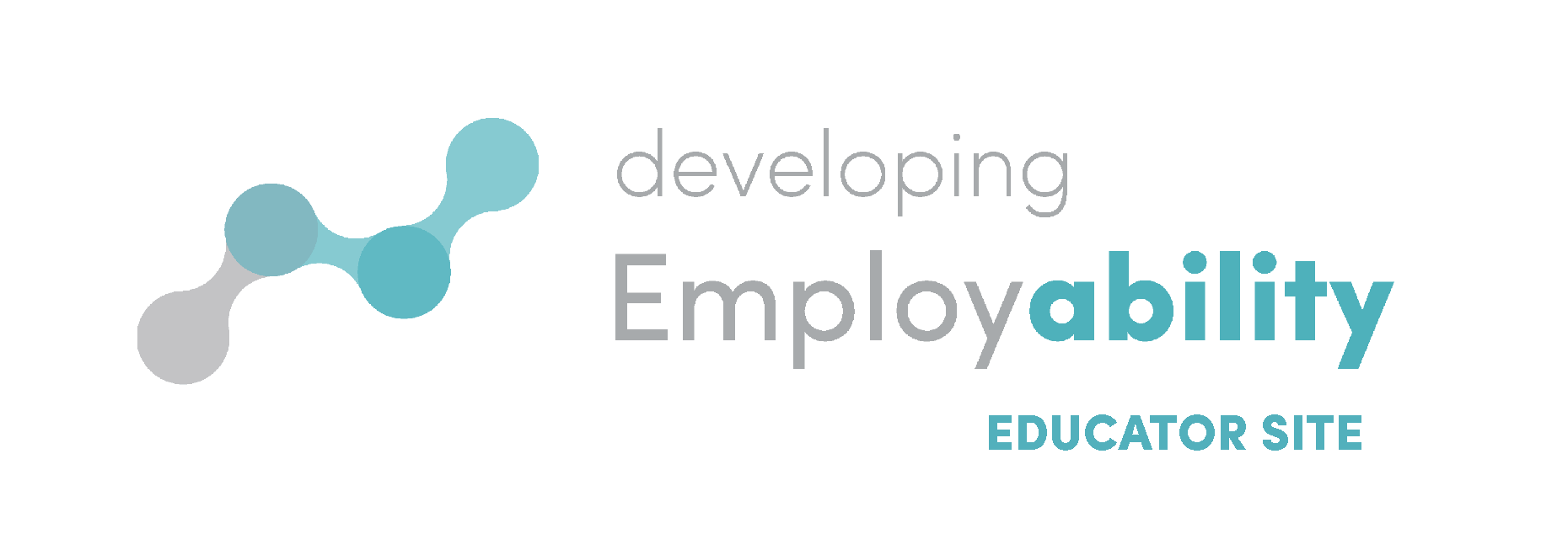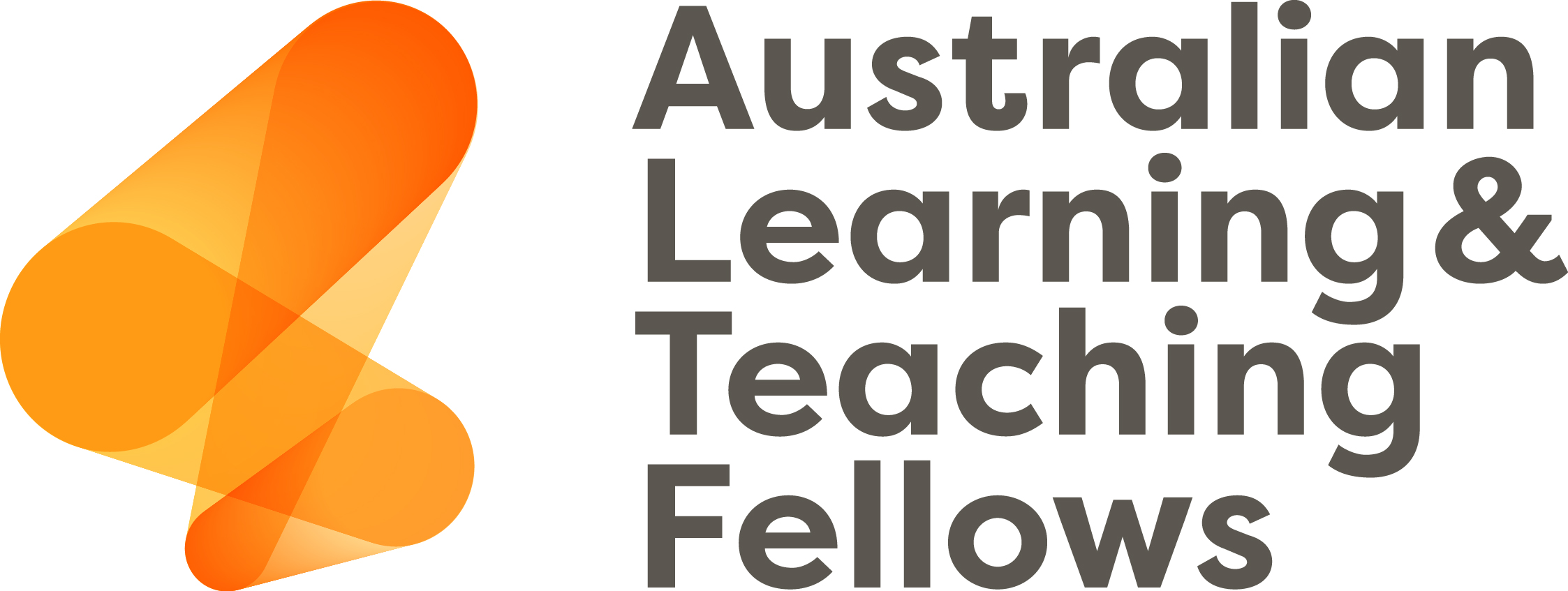Contributed by Jo Coldwell-Neilson
Digital literacy is the ability to identify and use technology confidently, creatively and critically to meet the demands and challenges of life, learning and work in a digital society.
Being digitally literate implies having skills and capabilities across a number of domains, including the ability to
- use technology;
- find, use and critically evaluate information;
- curate data and media sources;
- communicate, collaborate and participate in online environments;
- manage your online identity as well as your personal security and privacy; and
- create online content, not just consume it.
The level of digital literacy fluency within any particular domain will depend on the context and your level of engagement in that context. For example, digital literacy expectations of primary school children will be different from those of higher education students; computer scientists will require high levels of ICT fluency, whereas digital marketers need to be fluent in online communication and collaboration as well as using social media; skills and capabilities required in a learning context may be different from those developed in a social context.
What are the implications for practice?
Being digitally literate goes beyond being able to use technology; it is the ability to function critically and effectively in a digitally-enhanced environment, whether the context is your social life, learning life or working life. It means that you use technology critically, thoughtfully and responsibly, that you recognise the transferability of skills developed in one situation to another across platforms, applications and contexts, and that you manage your digital footprint, which is permanent and has impact (potentially both positive and negative). Most importantly, it is being able to behave professionally, ethically and with cultural and social understanding in digital environments.
A major impact of digital technologies in any context is the disruption caused. Skills such as flexibility, adaptability and being a life-long learner are essential in order to maintain relevant digital literacy skills over time. Your digital literacy skills and capabilities need to grow and be nurtured, they need to be scaffold through your learning and, ultimately, they need to be fit-for-purpose.
Jo Coldwell-Neilson
ALT Fellow
Deakin University
http://www.decodingdigitalliteracy.org/

